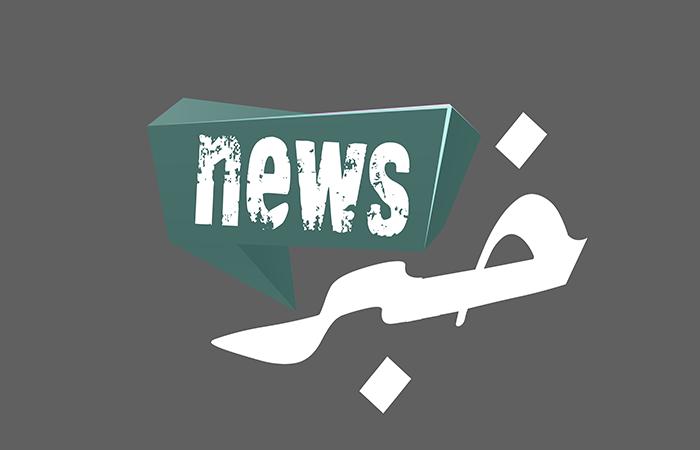Joseph Haboush| The Daily Star
Prime Minister-designate Saad Hariri and Free Patriotic Movement leader Gebran Bassil are forging ahead and exploring ways to end the near seven-month government formation impasse, despite a bleak outlook. “We discussed the proposed solutions to forming a new government, and we will not rest until we find the right solution,” Bassil said after meeting with Hariri at the latter’s Downtown Beirut residence Thursday.
The meeting came after Hariri met his counterpart from Fiji in the presence of Bassil, to discuss the work of the Fijian battalion in UNIFIL.
A source close to Bassil said that the government formation talks with Hariri were just a “follow up on the proposals Minister Bassil had put forth.” Bassil, as part of his attempts to find a solution to the government deadlock, has pitched multiple suggestions, but has failed to make any progress yet.
Hezbollah is blocking Hariri and President Michel Aoun’s efforts to form a new government by demanding six Sunni MPs outside of Hariri’s Future Movement be represented.
The premier-designate has repeatedly rejected this demand since the beginning of the Cabinet formation consultations. The MPs are part of other parliamentary blocs notably Hezbollah and the Amal Movement but claim they have a right to be represented as a single bloc.
One of Bassil’s proposals was to represent the six lawmakers by taking a Cabinet seat from Aoun’s share, but the president has rejected this.
Another proposal to increase the upcoming Cabinet from 30 to 32 ministers, with the other portfolio being allocated to the minority sect, is unlikely at this point to go through, as Hariri is reportedly opposed to it.
Members of the Progressive Socialist Party’s Democratic Gathering parliamentary bloc meanwhile said they hadn’t been informed of how a proposal to expand the Cabinet would be implemented.
After the bloc met with Aoun at Baabda Palace, MP Marwan Hamadeh told reporters that “the Democratic Gathering was not filled in on the details of the way a 32-member Cabinet would be formed.”
Hamadeh, who is also the caretaker education minister, said that the PSP’s main concern was for the new Cabinet to be formed on the principle of national unity. “We stressed [to Aoun] the need to push for the government formation,” he added.
Separately, Hariri met with U.S. Ambassador to Lebanon Elizabeth Richard to “discuss the latest developments in Lebanon and the region, as well as bilateral relations.”
Also Thursday, Lebanese Forces leader Samir Geagea called on the current caretaker Cabinet to hold an urgent meeting to discuss the situation in southern Lebanon after Israel this week launched its “Northern Shield Operation.”
In a statement on the LF’s website, Geagea said that the situation along the southern border “has become delicate,” in the wake of Israel’s announcement Tuesday morning that it launched the operation to target tunnels allegedly dug by Hezbollah into northern Israel.
“In this case, the resigned government should meet urgently in order to discuss what is going on in the south and to assure Lebanon’s commitment to Resolution 1701,” Geagea said, referring to the U.N. Security Council resolution that originally ended the 2006 war with Israel and called for the cessation of all hostilities between the two countries.
Geagea said the government should wait for the result of the investigation to decide its next steps.
“If the [report] says that the tunnels don’t exist, the Lebanese government should carry out an international diplomatic campaign,” he said. “If the report shows that there were tunnels, the government should officially ask Hezbollah to halt any work that may constitute danger to Lebanon and the Lebanese.”


